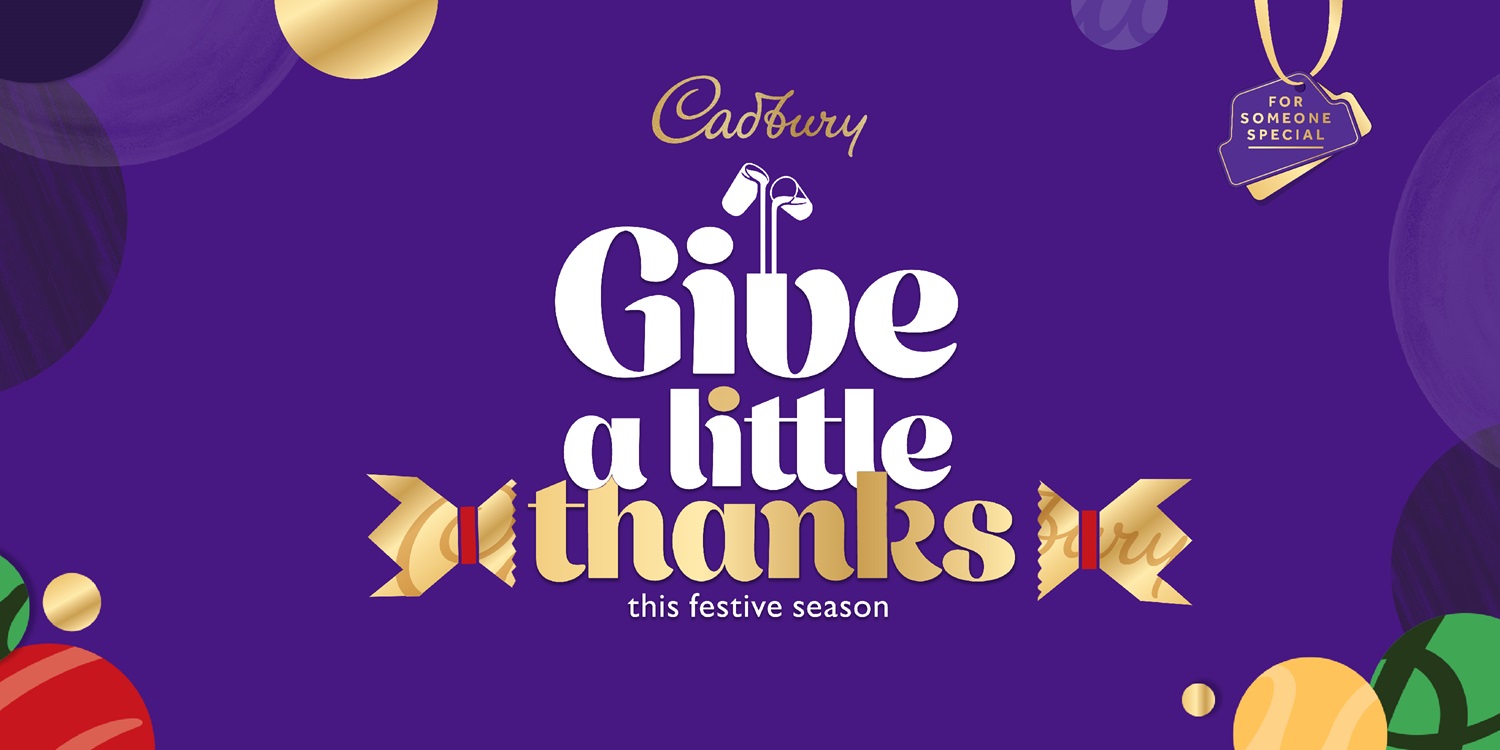By Amir Kanaan, Managing Director for Middle East, Turkey and Africa at Kaspersky
October 10 is World Mental Health Day. This international holiday, which is included in the United Nations (UN) list, has been celebrated annually since 1992. The purpose of this day is to highlight the importance of mental health and unite the efforts of the world community to bring about positive change.
As part of this day, Kaspersky is shining a spotlight on adolescents’ mental health in an era of social networks and global digitalisation. Social networks have long been an integral part of life for young people, who use them for work, entertainment, and communication. At the same time, questions have been raised over psychological addiction and other problems associated with the Internet since the launch of the first network and websites.
How to live in the era of social networks – why do I feel worse when comparing myself with others?
A recent Facebook study found that Instagram negatively affects the psyche of teens, especially girls. For example, 32% of teenage girls said that when they felt bad, Instagram made them feel even worse. Among the frequent reasons cited as causing stress in adolescents included competing with unrealistic standards of beauty and feelings of inadequacy at their standard of living compared to those shown on the screen.
Instagram is trying to deal with such problems by introducing various functions. For example, it is now possible to hide the likes counter, and the service has prohibited filters that demonstrate unrealistic beauty standards.
Additionally, there are simple steps users can take to feel better about themselves:
• Unsubscribe from accounts that make you feel sad, inadequate, unconfident or upset.
• Try to reduce the amount of time you spend online.
• Take small breaks and digitally detox to escape from social networks, relax and focus on yourself. For example, Kaspersky has launched a digital CyberSpa space, to help distract from worries and take a few calming breaths when you need to refocus.
Cyberbullying. How do you differentiate between bullying and jokes?
All friends can joke and make fun of each other, but sometimes it can be difficult to know if the person is joking or wants to hurt you – especially if you communicate online. Sometimes people may say that they were “just joking” and you should not take their words seriously.
One of the signs that help distinguish bullying from jokes or teasing is how the person makes you feel, and if they know that they are causing you pain or discomfort. For instance, the Oxford Dictionary defines banter as ‘the playful and friendly exchange of teasing remark’s. Therefore, another possible way to symptom that can help determine whether if someone it is bullying or not is a balance of forces – a joke is something that happens between peers or friends.
When bullying occurs online, it can lead to unwanted attention from a wide range of people, including strangers. Whenever this behaviour occurs, if it causes you displeasure, it should not be tolerated and ignored.
Online bullying can affect many different aspects of our lives, but it is important to remember that all problems can be overcome, and self-confidence restored.
If it’s still bullying, what should you do?
If you are being bullied online, the first step is to seek help from people you trust, for example, parents, close relatives, or another reliable adult. At school you can talk to a counselor, sports coach, or your favourite teacher.
If you are uncomfortable telling your friends about the problem, contact a helpline and talk to a professional consultant who can give you advice.
What if you’re afraid to discuss it with your parents?
Not everyone finds it easy to communicate with parents. But there are steps you can take to create a conducive environment for conversation. Choose a time for the conversation when your parents can give you their full attention. Explain how serious the problem is for you. Remember, parents may not be as good at technology as you are – help them understand exactly what is going on.
They may not be able to immediately resolve the problem, but they will certainly want to help you, and together you can find the right solution. It’s always easier to deal with adversity together than suffer alone.
What are social networks doing to fight against bullying?
Today, social networks actively use AI to fight against cyberbullying. For instance, Instagram has implemented a feature based on AI, that helps to combat bullying. If users write a comment on a photo or video the AI considers offensive, they will receive a notification warning that their language could be considered bullying. This warning will allow them to change or delete words before they can post a comment.
Moreover, each social platform has tools to customise who can comment or view your posts, or automatically become your “friend” on that platform. They can also be used to report cases of bullying or intimidation. Most of such tools are easy to use, and you can block user, disable alerts, or report bullying.
You can also contribute to the battle against online bullying. Report the incident, hold perpetrators accountable, reach out to adult proxies, and draw the attention of others to the problem. Even a simple act of kindness can play an important role.
If you are worried about your safety or what has happened to you on the Internet, talk with an adult you trust. Or visit the International Children’s Helpline, which you can use to get help.
What can you do additionally to protect yourself across social networks?
Social media networks also provide users with various tools and features to protect themselves from bullying. For example, one of the more popular methods is to block a bully and send a complaint to the social network administrators. It is useful to collect evidence – correspondence and screenshots of posts on social networks to confirm what is happening.
If you are a victim of cyberbullying, you can delete apps or temporarily deactivate your account. However, giving up on the Internet is not a long-term solution. You haven’t done anything wrong, so you shouldn’t suffer and blame yourself because of this situation. At the same time the persecutors will feel that they have emerged victorious and will continue with their unacceptable actions.
We all want to eradicate cyberbullying, which is one reason why reporting cyberbullying is so important. However, creating the perfect cyberspace is not limited to acting against persecutors. It is important to remember that what we say online can hurt someone. We need to be kinder to each other – both on the Internet and in real life. You just need to start with yourself and try to respect the boundaries of other users.
If you become a victim of bullying, the short guides below may help to protect you across various social media channels and stop the perpetrator. You may like to share this guide with your friends and loved ones who have faced similar problems.
What can I do on Facebook to stop bullying?
Facebook offers a selection of tools to fight against cyberbullying. For instance, the company has developed a separate Anti-Bullying Center for Teens.
To fight against bullying on Facebook you can:
• Track who tags you on their content. This can be done in the Chronicle & Tags settings.
• Check already published materials with your tags, and, if necessary, remove them from materials you do not want to be associated with, using the “Activity Log”.
• Remove the aggressors from your friends list so that they will not have the opportunity to contact you. And if deleting them does not help, you can block users. Remember they will not be notified of this. Blocking will prevent abusers from finding your profile and tagging your content. In addition, they will not be able to add you as a friend and track your actions.
• Be sure to report compromising materials to the support service. You can complain about content next to a post, photo or comment – this will draw the attention of Facebook moderators.
How to fight against bullying on Instagram?
• You can ignore messages from bullies or use a restrictive tool to protect your account without notifying the dangerous users.
• You can moderate comments under your posts.
• Change the privacy setting on your account – you can choose who can watch and comment on your content.
• Instagram tracks the content posted by users. If the platform sees possible violations, it will notify the user that they are about to publish information that crosses the boundaries.
• Instagram has also recently introduced AI that helps to identify signs of cyberbullying in published materials (photos, videos or comments).
What can I do to fight bullying on Twitter?
Twitter, like other social networks, fights cyberbullying on its platform. The company has its own Online Bullying help center for help and advice.
Possible steps include:
• Expansion of notification filters, this allows you to filter the accounts from which you receive notifications. For example, you may not receive notifications from users without a profile picture.
• Twitter has a mute and notification option that you can customise to suit your needs. For instance, you can turn off notifications for keywords or entire phrases. You can turn off notifications for a day, a month, or indefinitely.
• One effective step is also the option to block users. This will prevent blocked accounts from posting, seeing your tweets, and reading your feed.
• If you are a victim of bullying, you should also report offensive content. This will allow Twitter to act and block the user or content.
How to fight against bullying on TikTok
TikTok is also creating various tools that allow users to limit themselves from unwanted attention. The company has also produced a guide that helps to identify bullying behaviour and take measures against them.
What can you do to protect yourself on TikTok:
• Configuring video privacy settings on a personal account, lets you choose who can view each video and restricts the upload of personal videos.
• The unwanted comments filter allows you to create a list of unwanted keywords that will be blocked in the comments on videos or during live broadcasts to protect users from bullying.
• User filter allows you to choose who can add the Duet to a user video.
• Blocking users makes it possible to block bullies who violate the Community Rules and notify the platform about their actions.
• Family settings keep teens safe and support them in their creative endeavors without breaking personal boundaries.





































